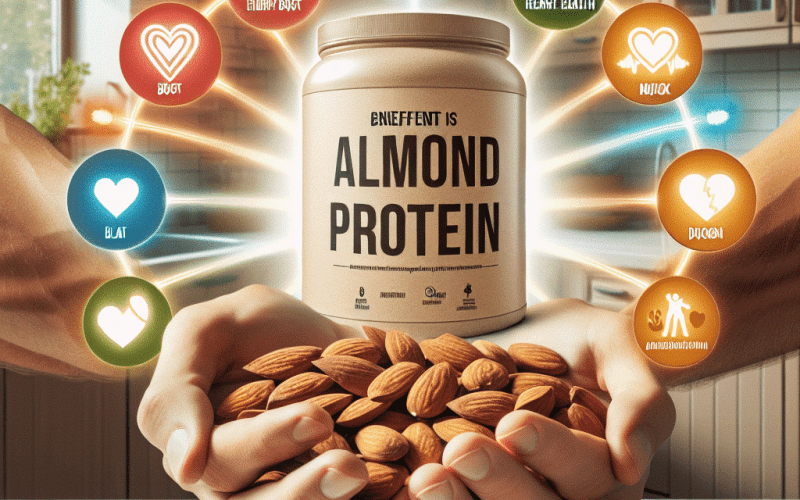Meet Coach Mark: Strength & Recovery Expert
Hey everyone, Coach Mark here! As a weightlifting coach for over 10 years, I’ve seen firsthand the transformative power of protein for athletes and fitness enthusiasts. Today, we’ll delve into the science behind protein and explore how it fuels your body’s incredible ability to rebuild and grow muscle after a tough workout.
Why Protein Matters for Muscle Recovery
We all know protein is essential for building muscle, but did you know it also plays a crucial role in muscle repair? During exercise, microscopic tears form in your muscle fibers. This breakdown is actually a necessary stimulus for muscle growth. Here’s where protein steps in:
- Building Blocks: Protein is made up of amino acids, the building blocks your body uses to repair and rebuild muscle tissue.
- Muscle Protein Synthesis: After exercise, your body enters a state of heightened muscle protein synthesis (MPS), the process of creating new muscle protein. Consuming protein provides the essential amino acids to fuel this critical process.
- Reduced Muscle Soreness: Studies suggest adequate protein intake can help reduce post-exercise muscle soreness, allowing you to bounce back faster and get back to training sooner.
Optimizing Your Protein Intake
So, how much protein do you actually need? The recommended daily intake (RDI) for adults is 0.8 grams of protein per kilogram of body weight (0.36 grams per pound). However, for athletes and fitness enthusiasts aiming to maximize muscle recovery and growth, the sweet spot is likely between 1.6-2.2 grams of protein per kilogram of body weight (0.73-1 gram per pound).
Here’s a handy table to help you estimate your daily protein needs:
| Body Weight (kg) | Protein Intake (grams per day) |
| 50 | 80-110 |
| 70 | 112-154 |
| 90 | 144-198 |
Spreading Your Protein Intake Throughout the Day
It’s not just about the total amount of protein you consume; timing also plays a role. Aim to spread your protein intake throughout the day, including pre- and post-workout meals and snacks. This ensures your body has a consistent supply of amino acids to optimize muscle protein synthesis.

Power Up Your Recovery with Protein-Rich Foods
Now, let’s talk about incorporating protein into your diet! Here are some excellent protein sources to consider:
Animal Sources:
- Lean meats (chicken breast, turkey breast)
- Fish (salmon, tuna)
- Eggs
- Dairy products (Greek yogurt, cottage cheese)
Plant-Based Sources:
- Legumes (lentils, beans)
- Tofu and tempeh
- Nuts and seeds
- Quinoa
Comparison of Protein Sources:
| Food Source | Protein (grams per serving) | Additional Benefits |
| Chicken Breast (3 oz) | 25 | Low in fat and calories, rich in B vitamins |
| Salmon (3 oz) | 22 | Excellent source of omega-3 fatty acids |
| Greek Yogurt (1 cup) | 20 | Rich in calcium and probiotics |
| Lentils (1 cup cooked) | 18 | High in fiber and folate |
| Tofu (3 oz) | 8 | Versatile ingredient, good source of iron |
Beyond Protein: Optimizing Recovery
While protein is a superstar for muscle recovery, it’s not the only player on the team. Here are some additional tips to optimize your recovery:
- Hydration: Drink plenty of water throughout the day to support muscle function and recovery.
- Sleep: Aim for 7-8 hours of quality sleep each night to allow your body to repair and rebuild tissues.
- Rest and Active Recovery: Schedule rest days or incorporate low-impact activities like yoga or swimming to promote recovery.
Conclusion: Fuel Your Body, Fuel Your Progress
By prioritizing protein intake and incorporating smart recovery practices, you can unlock your body’s full potential for growth and performance. Remember, consistency is key! Make protein a regular part of your diet and prioritize rest and recovery to achieve your fitness goals. Now get out there and crush your next workout!












